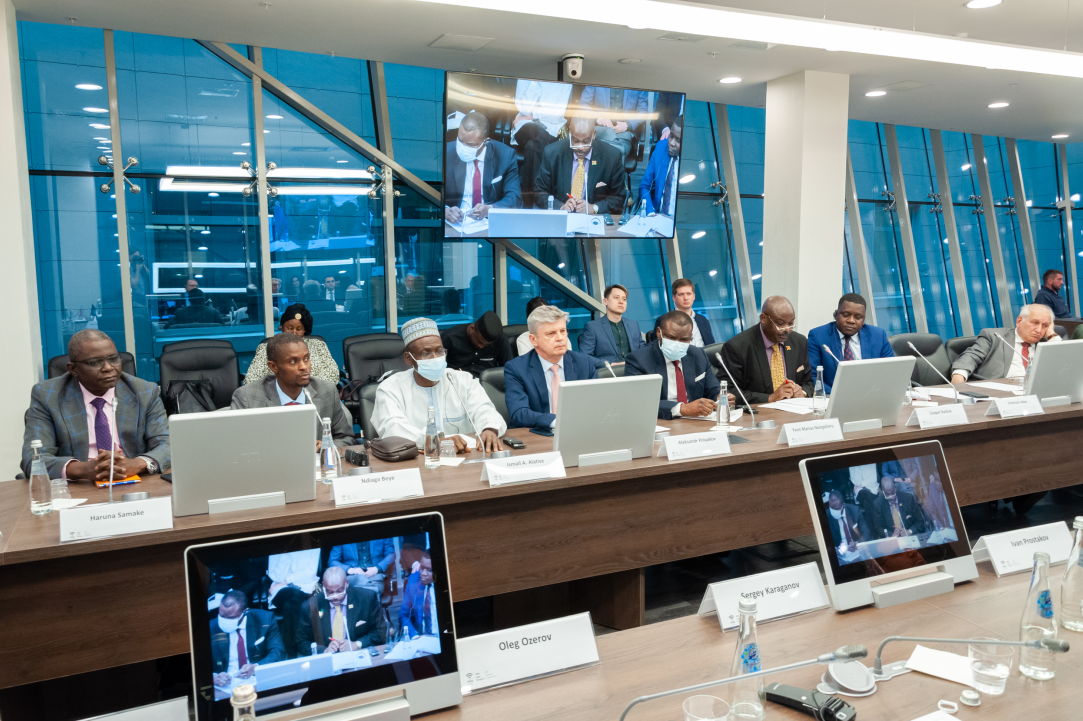
Russia and Africa: Time to Expand Cooperation
There is major potential for economic and humanitarian cooperation between Russia and African countries. Particularly, Russian organisations and universities can help transfer competencies and knowledge in the fields of agriculture, energy, industrial production, environmental management, climate change, and public administration. Experts and representatives of African embassies in Russia discussed these issues at the round table ‘Russia-Africa Sharing Knowledge’ hosted by HSE University.

‘There Is a Big Question as to What Extent a Human Is Still a Human and a Machine Is Still a Machine’
Will new technologies divide or unite people and society? What mechanisms should be used to balance society’s interests and progress so that innovation does not dehumanize humans? How should interaction between humans and AI be structured? Is all technology good for people? TheXXIII Yasin (April) International Academic Conference of HSE University discusses these questions and more.
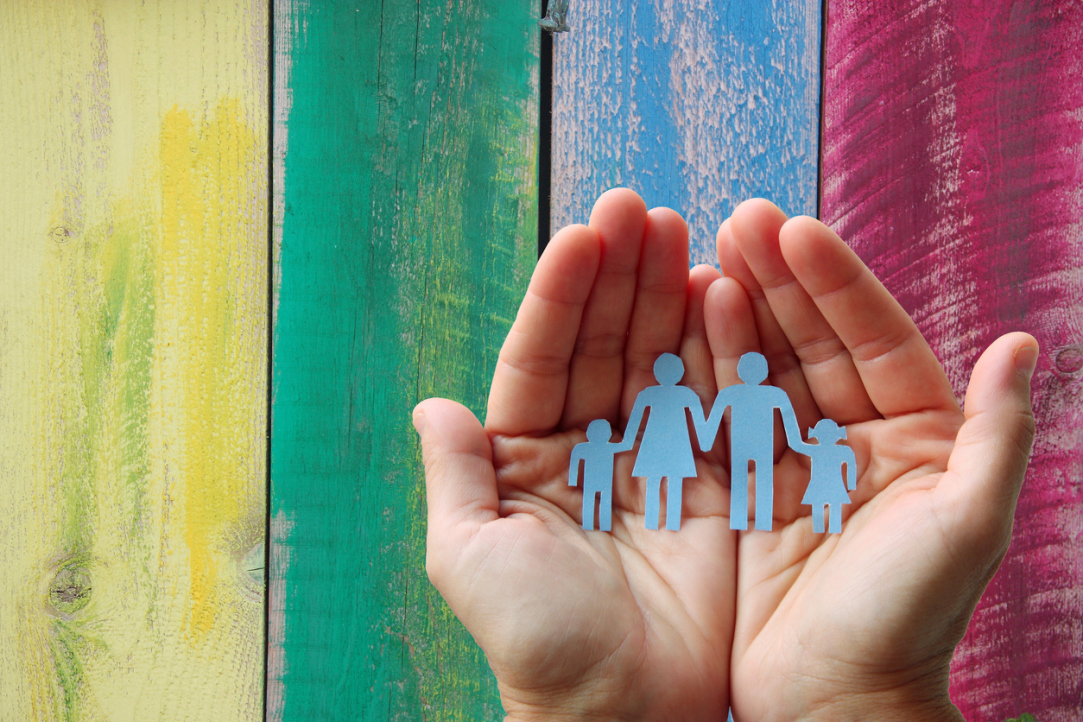
‘Uncertainty Transforms the Social Protection System into a Safety Cushion’
As part of the XXIII Yasin (April) International Academic Conference, HSE University held a meeting between HSE scholars and Anton Kotyakov, Minister of Labour and Social Protection of the Russian Federation. The title of the meeting was ‘The Future of Social Security: Trends and Forecasts.’ The experts and the Minister discussed the experience and lessons learned from population support initiatives during the pandemic, social protection efforts to reduce poverty and inequality, measures to counter sanctions, and the situation in the labour market.
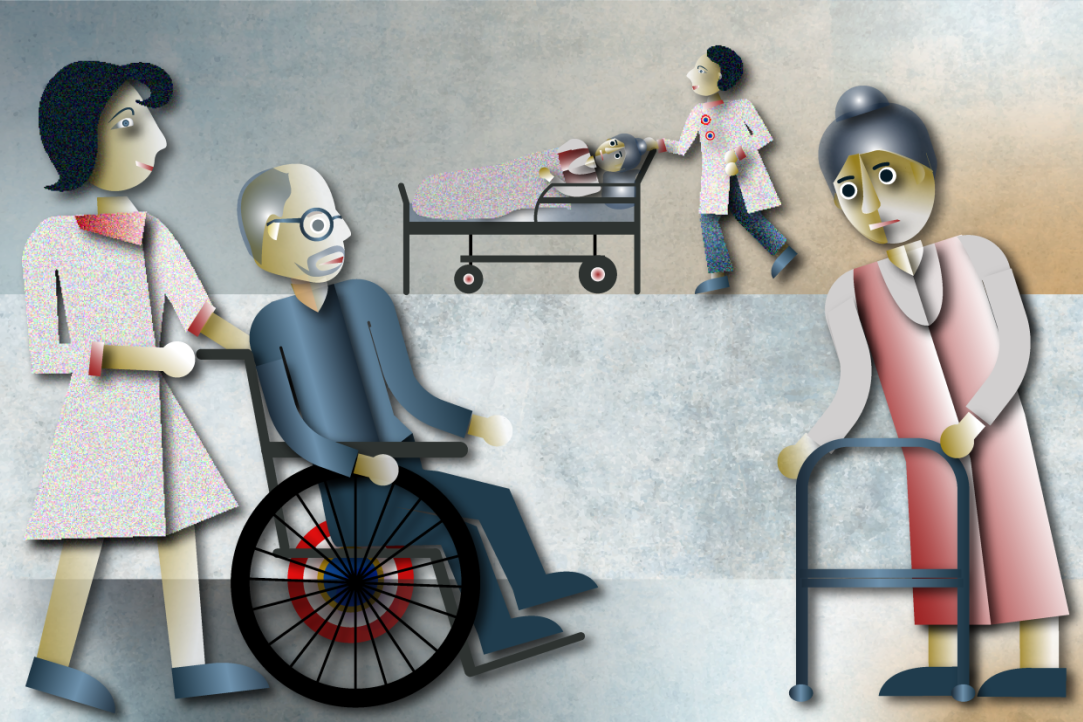
Long-awaited Long-term Care
The number of older persons and their life expectancy are on the rise in many countries worldwide. As they age, some people need assistance with daily living activities, something their family is not always capable of providing. This creates a demand for professional long-term care that integrates medical and social services. How Russia can benefit from other countries' experience of providing public long-term care is discussed in a report* presented by the HSE Centre for Social Policy Studies at the XXIII Yasin International Academic Conference on Economic and Social Development hosted by the HSE University.
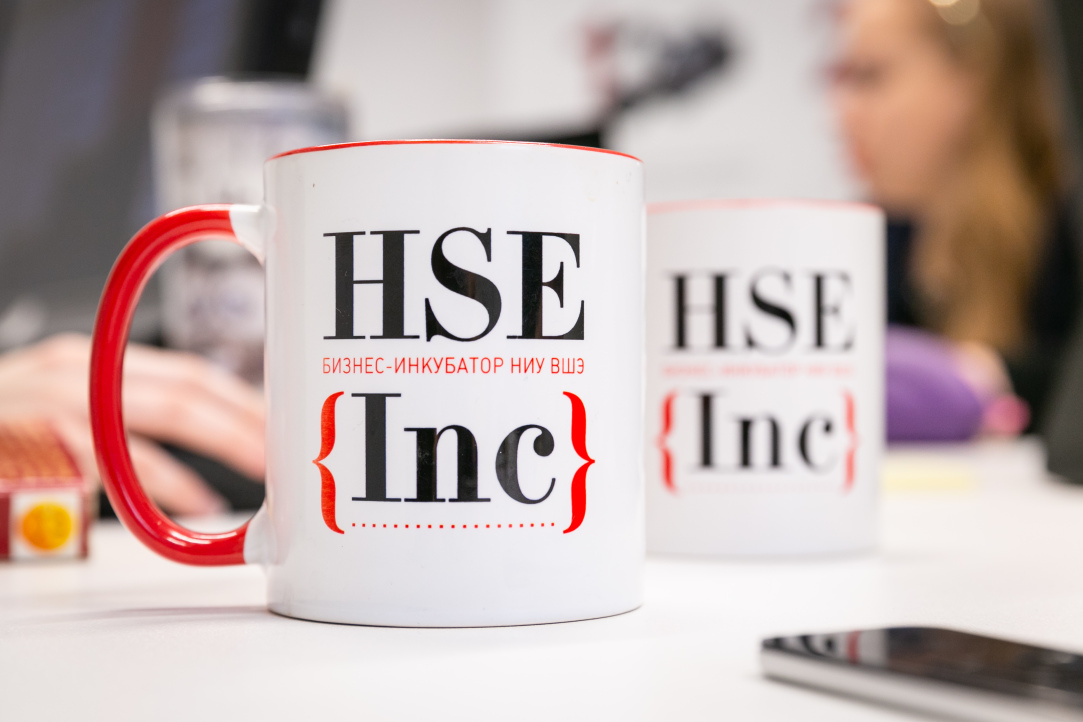
Applications Now Open for New Educational Robotics Accelerator
Over the course of 12 weeks, participants of the HSE Business Incubator’s programme will finalise their startups under the leadership of renowned market experts and attract grant funding for their projects. The programme will be held both online and in person. Applications for the accelerator are open until May 28, 2022.

The Brain in Space: Investigating the Effects of Long Spaceflights on Space Travellers
As part of an international project conducted with the participation of Roscosmos and the European Space Agency, a team of researchers used differential tractography to analyse dMRI scans ofcosmonauts’ brains and found significant changes in brain connectivity, with some of the changes persisting after seven months back on Earth. The paper is published in Frontiers in Neural Circuits.
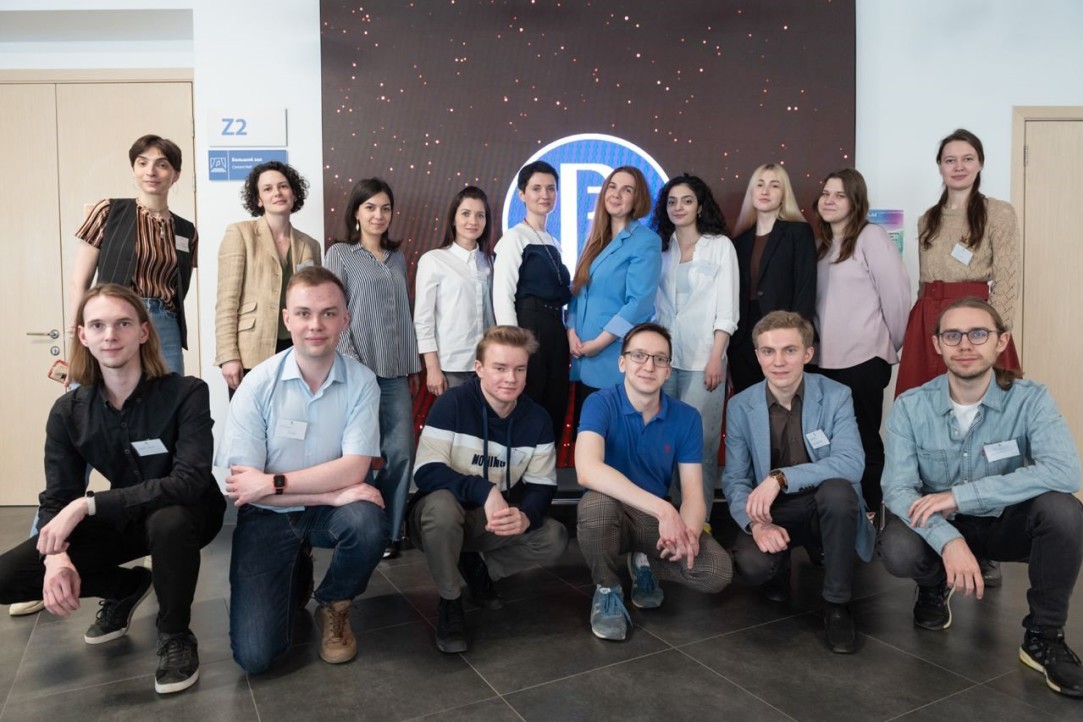
‘Students Play a Vital Role in the Development of University Research’
HSE University provides students with opportunities for academic development from the undergraduate level onwards. Now that another open enrolment session for research assistant positions has recently come to an end, more than 250 young researchers are starting their careers and combining work and study at the university.
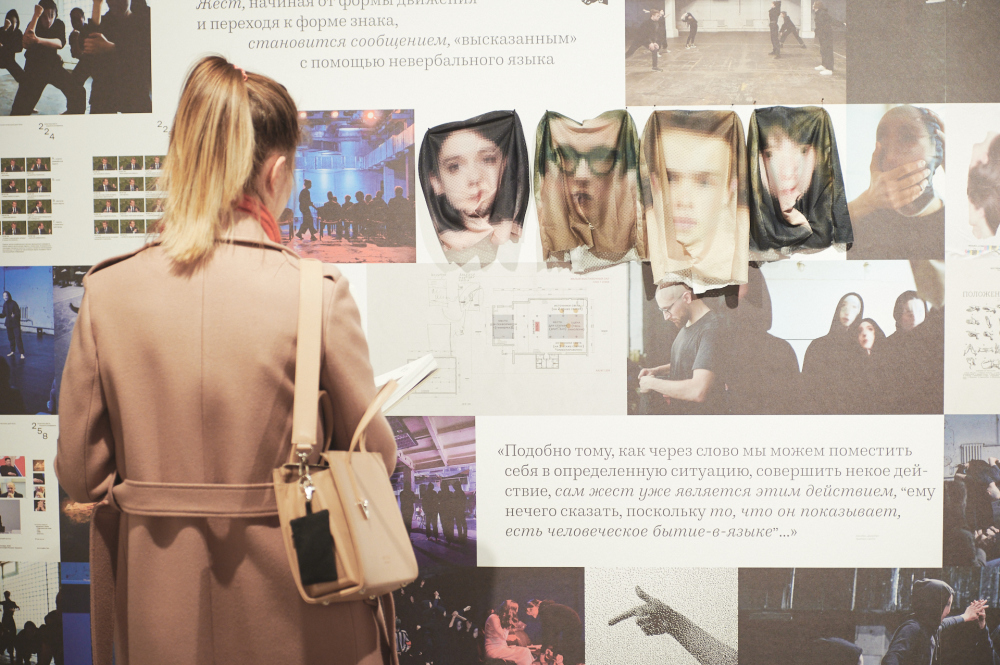
‘Over the Past Four Years, the Students Matured into Full-fledged Artists’
Eight graduates of the 2021 Bachelor's programme in Design and Contemporary Art at the HSE Art and Design School presented their projects at the Diploma21 exhibition, which recently opened at the HSE ART GALLERY. Each installation is the culmination of a whole year of work by the artists, who reflect on different themes, explore, criticise, and construct a specific language of communication.
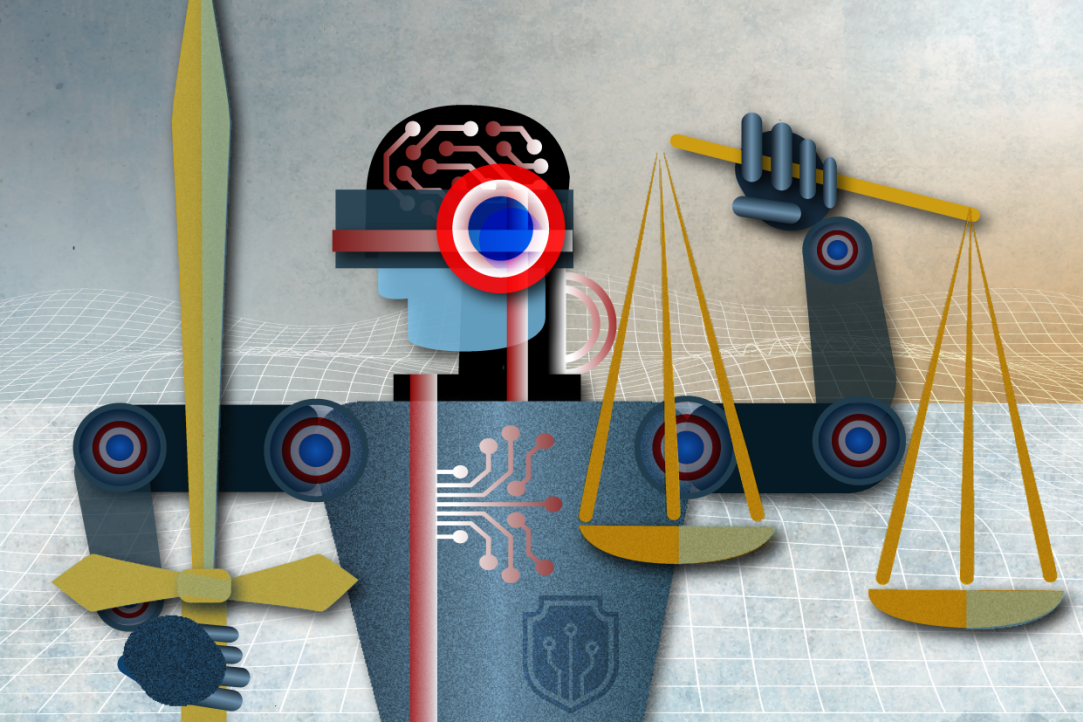
Justice 'Ex Machina': Using Artificial Intelligence to Fight Corruption
In Mexico, a pilot project applying artificial intelligence (AI) algorithms enabled the Tax Administration Service to detect 1200 tax-evading companies and 3500 fraudulent transactions within three months – a task that would have taken 18 months using conventional methods. Despite some obvious benefits, the use of AI-based solutions to counter corruption also entails several challenges, according to experts of the HSE Laboratory for Anti-Corruption Policy (LAP) and the HSE Faculty of Law who have examined the relevant experience of several countries. A report based on the study’s* findings was presented at the XXIII Yasin (April) International Academic Conference hosted by the Higher School of Economics.
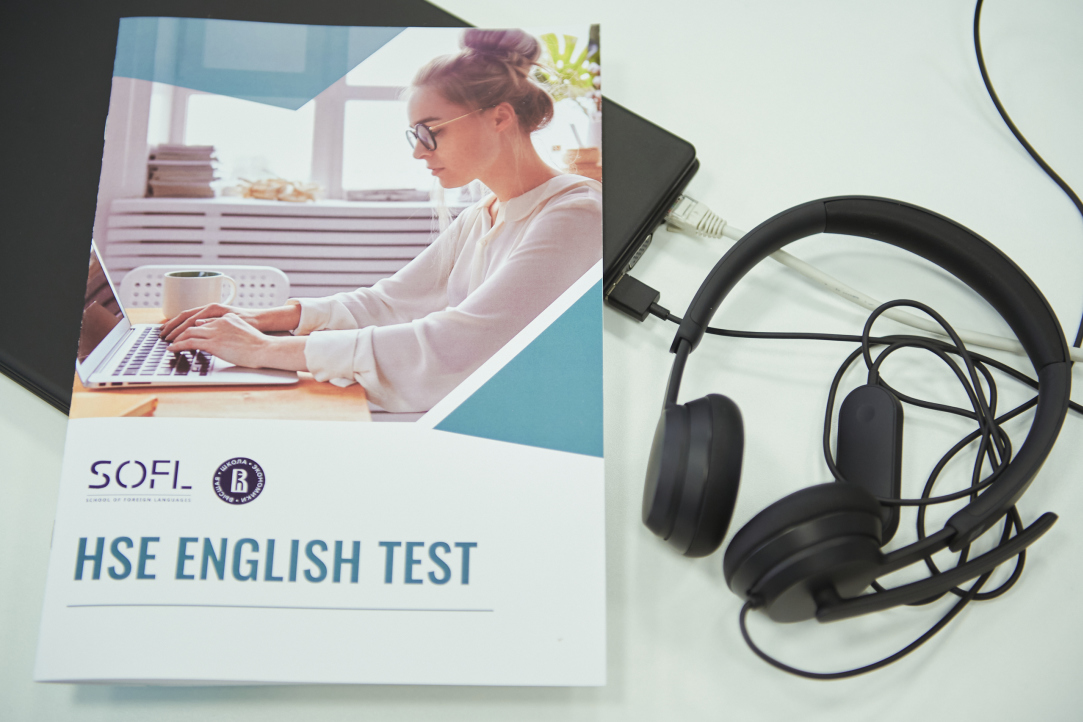
HSE University Launches Its Own Independent English Exam
The exam has been developed by the HSE School of Foreign Languages in compliance with all relevant international standards. On May 13, the Independent English Language Examination Centre opened in the HSE University building on Staraya Basmannaya Ulitsa, and the first students took the exam on May 16. In the future, the opportunity to take an independent assessment at the Centre is expected to be available not only to HSE students, but also to students from other universities, schoolteachers, and corporate clients.


Deadline for submissions - June 23, 2025